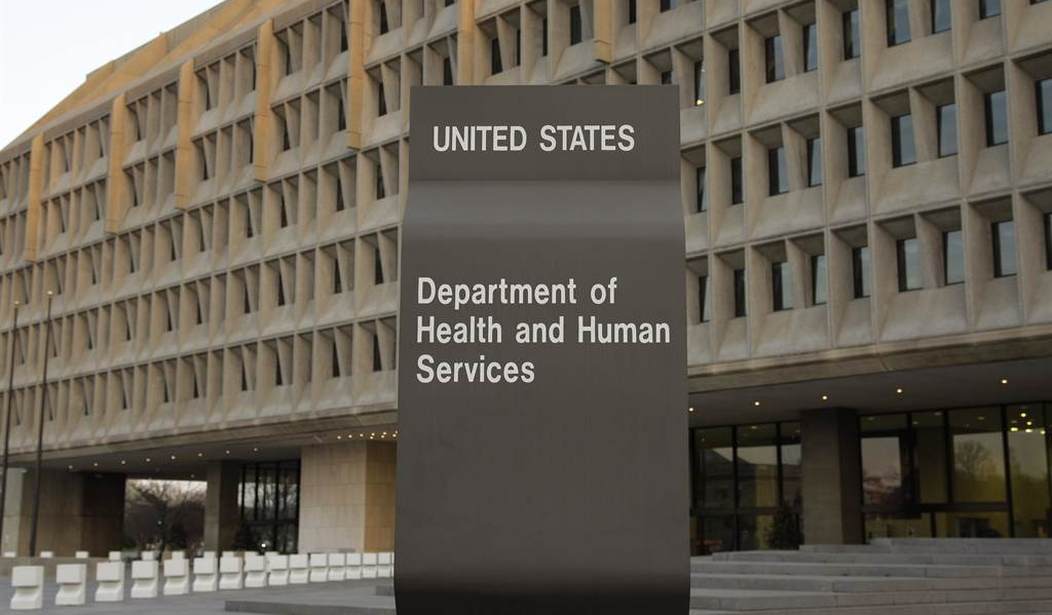Advertisement
This raises several questions, one of which is why this effort – which only came to light after a watchdog group sued for the documents under the Freedom of Information Act – was shrouded in secrecy in the first place. After all, pretty much everyone should agree that stopping Medicare fraud, estimated at around $50 billion annually, or roughly twice the amount of money it cost to put man on the moon with the Apollo 11 mission, is a priority.
Of course, where there's fraud, there's someone taking home a tidy sum, and in Washington, those people often have a lot of “juice” in its marbled corridors of power.
Which brings us to the second question raised by this news: if the White House budget office is purportedly targeting Medicare fraud, why does HHS keep actively harming the ability of auditors to identify fraud?
Several weeks ago, HHS announced it was issuing yet another “moratorium” to enforcing a regulation targeting a tricky billing loophole hospitals had used to bilk taxpayers for billions in fraudulent payments. The loophole was identified by the “Recovery Audit Contractors” (RACs), a group of private auditors that are paid a portion of the fraud they identify if it is successfully recovered for the government.
In the past several years, the RAC program has been a huge success, recovering approximately $10 billion in fraudulent payments. Granted, that's only 20 percent of annual Medicare fraud, but it's a great start considering the limited amount of payments HHS allows the RACs to audit.
Recommended
Advertisement
You might think people would be cheering that amid the vast desert of waste, fraud and abuse that is the federal bureaucracy, there is an oasis of fiscal justice, fighting for taxpayers to protect their hard-earned dollars. But the reality is that the people taking home a tidy sum – big hospitals, in this case – aren't happy about the RAC program and have worked diligently to gut it at every turn. They've spent millions on lobbyists and have the results to show for it.
The enforcement moratorium of the so-called “Two-midnights” rule is a perfect example. At issue is whether patients' hospital stays are eligible for reimbursement under Medicare Part A (higher rates) or Part B (lower rates), which in some cases is dependent on whether they became a hospital “inpatient.”
Hospitals were exploiting this to grab more of the Medicare Part A payments than they were allowed under the rule, which the RACs identified and helped stop.
But a rule to stop this practice has been in regulatory limbo as the months tick by, with HHS just in August issuing another stay to the moratorium.
It's time for Burwell to stop the effort to aggressively hurt the auditors' efforts and start targeting fraud instead.
























Join the conversation as a VIP Member